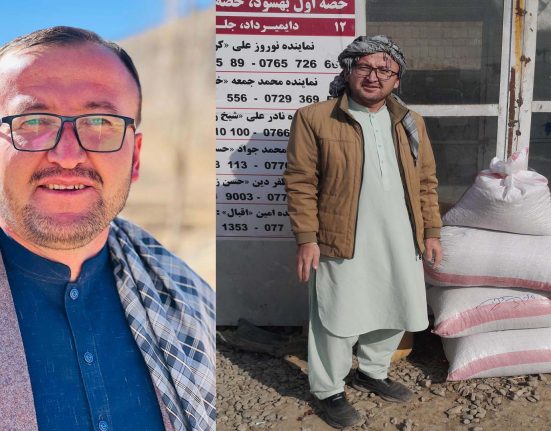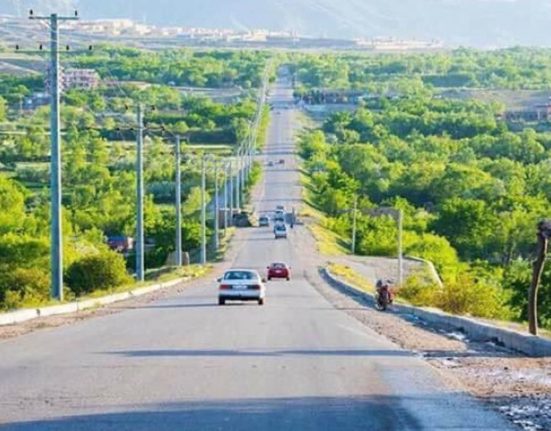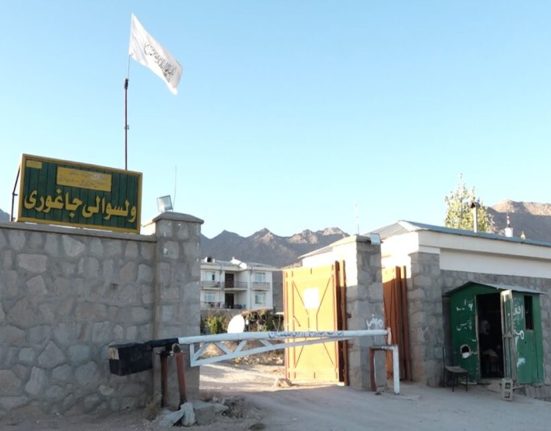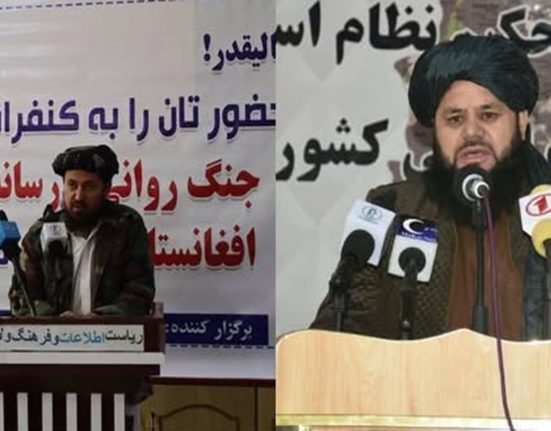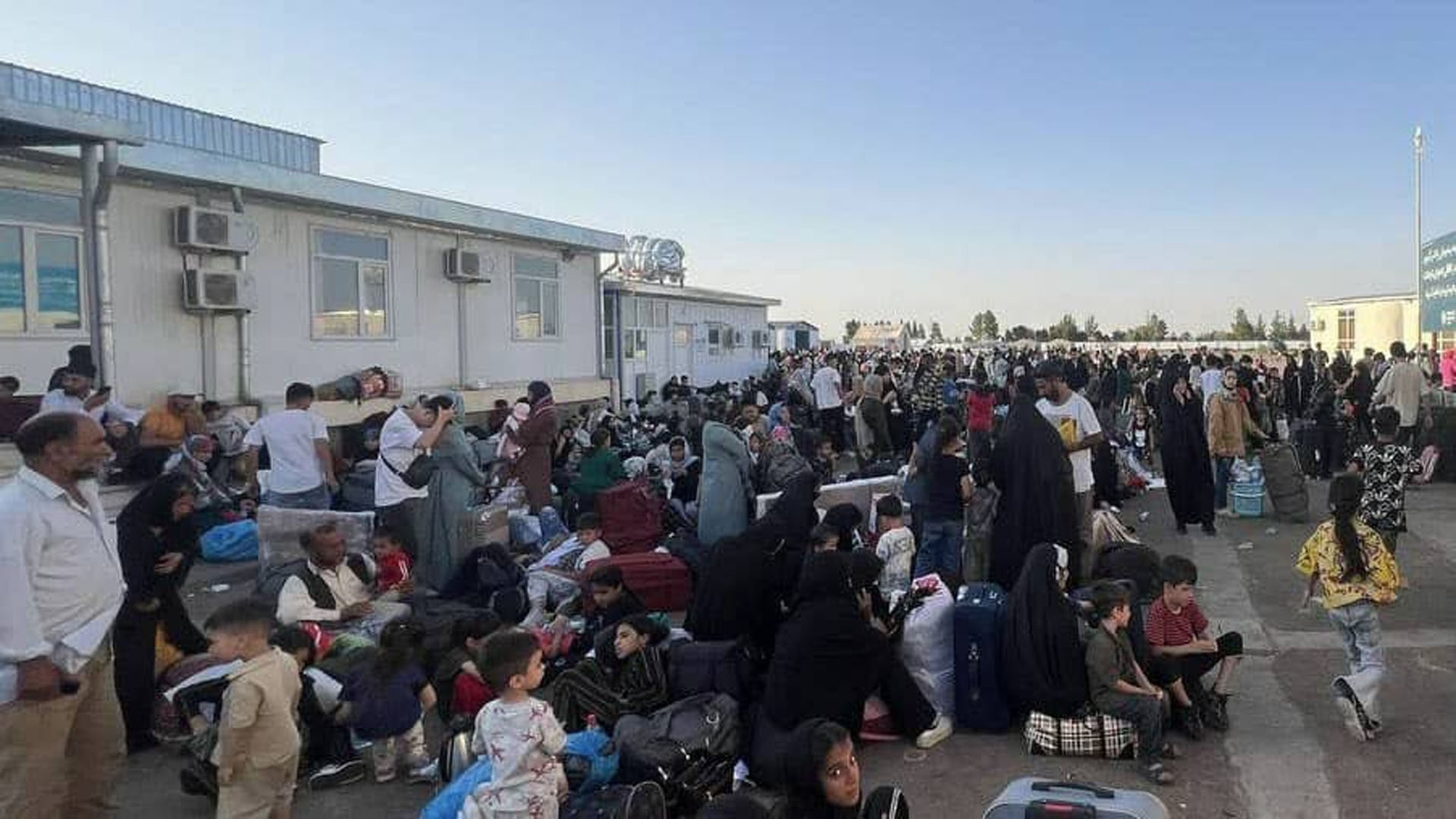
Following the deportation of more than 30,000 Afghan migrants from Iran in a single day, Amir Khan Mottaqi, the Taliban’s acting foreign minister, met with Alireza Bekdali, the Iranian ambassador to Kabul, and called for a mechanism to be set up for the gradual return of migrants.
He expressed concern about the humanitarian consequences of mass deportation of migrants in the intense summer heat.
Local Taliban officials in Herat province have also warned of the possibility of a humanitarian crisis at the Islam Qala border. They said government and non-government relief teams have been deployed to the area to manage the situation.
According to the Taliban, more than 30,000 migrants were transferred from Iran to the Islam Qala border on Wednesday in 600 passenger buses. Noor Ahmad Islam Jar, the Taliban governor in Herat, visited the area and ordered immediate measures to address the situation.
Ahmadullah Mottaqi, the Taliban’s head of information and culture in Herat, said that basic services such as water, food and transportation have been provided to the returnees, but some migrants have criticized the lack of services and irregularity at the border.
The United Nations has announced that more than 800,000 migrants have returned to Afghanistan from Iran and Pakistan in the past six months, warning that the current assistance capacity covers only a fraction of the needs.
The UNAMA deputy head has stressed that without immediate support, the migrants will face poverty and despair.
Meanwhile, Iranian officials have announced an acceleration of the process of identifying and deporting undocumented migrants. According to the governor of Tehran, about 800,000 illegal migrants are present in the city.
Referring to the fragile economic and social situation in Afghanistan, the Taliban have called for cooperation from Iran and the international community to humanely manage the return of migrants.


